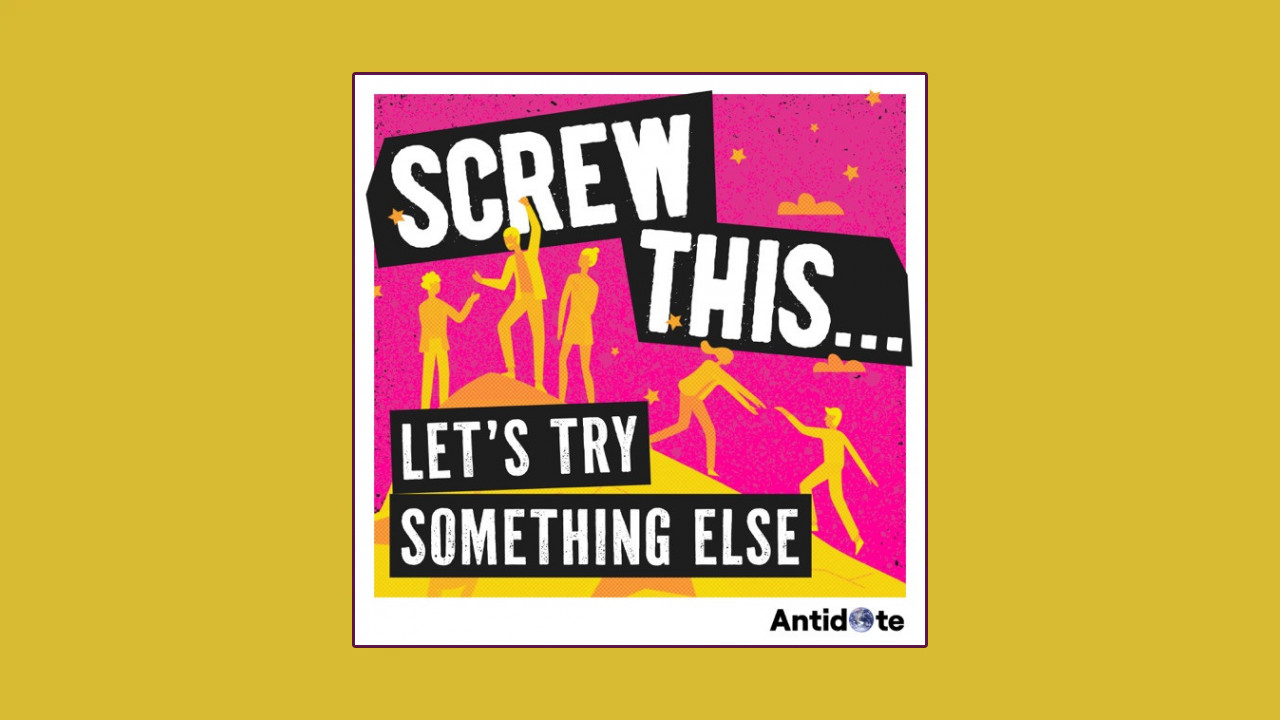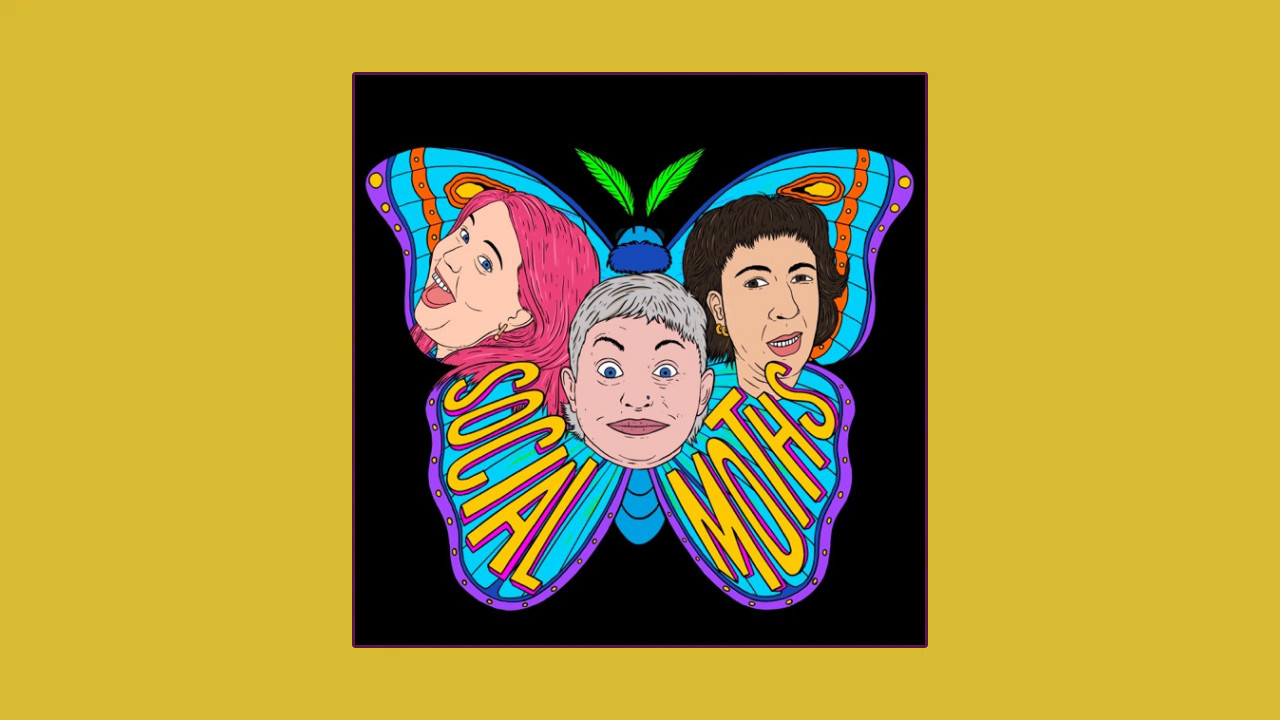In the latest episode of the excellent Media Storm podcast, hosts Mathilda Mallinson and Helena Wadia start their discussion about ‘resistance and radicalism in Gaza and beyond’ with a really great line. They say “In war, the first casualty is truth and the battleground on which we all exist is the information battleground.” As a podcast which seeks to always look behind the headlines and find out the real story, it was a brilliant way to set out their stall at the start of an episode which was undoubtedly trickier than many to host.
Shows like Media Storm, which encourage listeners to raise a sceptical eyebrow at mainstream news outlets are having a bit of a moment. One of the latest to launch is the very smart Media Confidential podcast from Prospect. Fronted by two former heavyweight editors: Alan Rusbriger and Lionel Barber of the Guardian and Financial Times respectively, the show believes that media ‘the fourth estate’ is the beating heart of any democracy. Media Confidential aims to try and help listeners understand who is driving the news agenda and why.. and to join them as they discuss whether those in power made the right or wrong decisions about the stories which run.
Another former editor - this time David Yelland from The Sun newspaper - gets his turn behind the mic in the BBC’s podcast ‘When It Hits The Fan’. Yelland, along with PR trouble-shooting guru Simon Lewis share all they know from their decades of experience about what they think is keeping the big stories in and OUT of the news. It’s a really enlightening listen about the hidden publicity machinery whirring behind the scenes.
Elsewhere, The Media Club is a weekly discussion programme with a rolling cast of ‘in the know’ media types who join Matt Deegan to chat about the stories making the headlines. Recent episodes look at Carol Vorderman’s resignation from BBC Wales for breaking ‘Lineker’s Law’ and whether the end of the BBC’s current affairs programme Newsnight is nigh. It’s a fun, informed canter through the week’s top stories, underpinned by Deegan’s pretty encyclopaedic media knowledge. The show has both consumer-y stories as well and a good dollop of information about the regulation of the industry which makes for a very interesting mix.
There’s no cantering in The Slow Newscast from Tortoise. The clue is in the name, afterall. Instead, host Basia Cummings and selected guests take their time to report on and to investigate one story a week in thorough detail. As with everything from the Tortoise stable, the show is thoughtfully put together and beautifully written. Recent episodes include the rise of Killer Whale attacks on boats and an investigation into the story that Prince William reached an out of court settlement with Rupert Murdoch over phone hacking claims.
And finally, Beebwatch. Hosted by legend Roger Bolton, who has over 50 years in broadcasting, and was fired twice by the BBC. The show aims to “cast a very independent eye on the public service broadcaster. No views will be censored, no question go unasked.” The veteran of the BBC Radio 4’s ‘Feedback’, Roger recently interviewed the World Service’s ‘‘World Tonight’ presenter, Ritula Shah. Ritula has just left the Beeb and so was free to speak candidly about what she describes as “overpaid” former colleagues and the cost of preserving the BBC’s Newsnight at the expense of successful BBC Radio 4 strands.
To summarise - we are spoiled for choice when it comes to quality podcasts looking at the media landscape. And, on the cusp of 2024 which might see elections in the US and the UK, that can surely be no bad thing.






